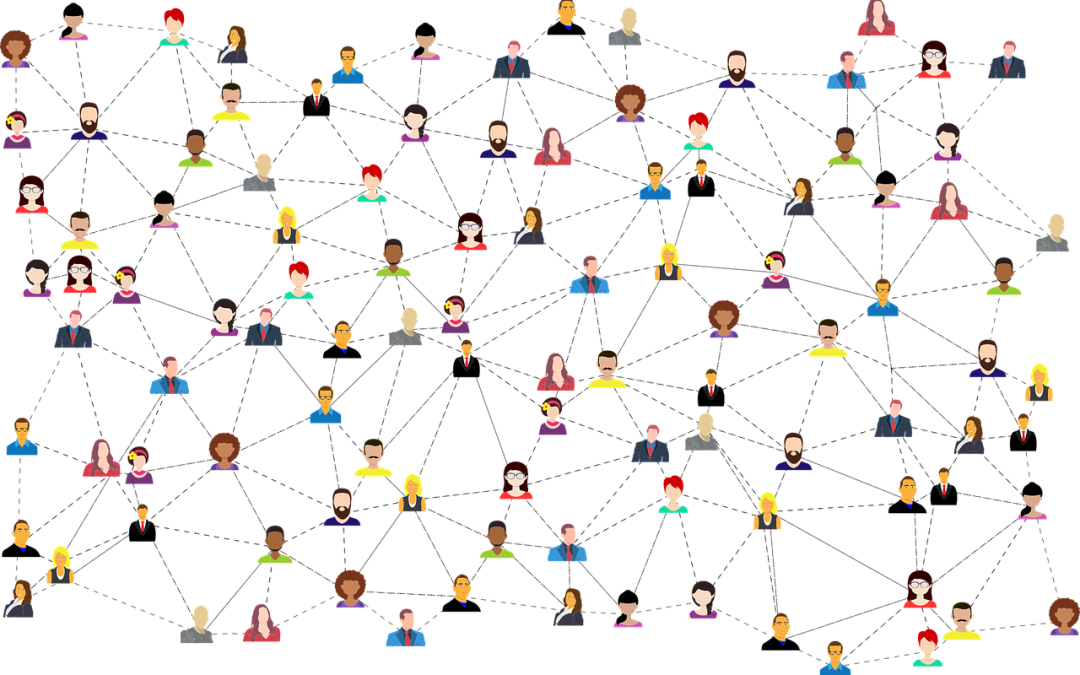A lot of people are alone right now, but we don’t have to be lonely. We’re all in this together.
While you may be physically separated from friends, family members, and other loved ones, it has never been more important to maintain those social connections. Social connections are an opportunity to seek and share support, talk through difficult feelings, share a laugh, keep up-to-date with loved ones, and help each other cope. This pandemic is a lot for one person to deal with on their own. While measures like social distancing and self-isolation are necessary to slow the spread of the virus, the physical separation can amplify a lot of challenging emotions like loneliness and fear.
Think about the different ways to connect that are most meaningful for you. For example, you might prefer a video chat over a phone call, or you might prefer to text throughout the day rather than one set time for a video call. Then, work with your social networks to make a plan. You might video chat with your close friends in the evening and phone a family member once a week.
Remember to be mindful of people who may not be online. Check in by phone and ask how you can help.
Quality matters
The quality of your social connections matter. Mindlessly scrolling through social media and liking a few posts usually doesn’t build strong social connections. Make sure you focus on strategies that actually make you feel included and connected. If your current strategies don’t help you feel connected, problem-solve to see if you can find a solution.
If you felt lonely before the pandemic or have a small social network
Everyone feels lonely at times—maybe you recently moved to a new city, are changing your circle of friends, lost someone important in your life, or lost your job and also lost important social connections with coworkers. Other people may have physical connections to others but may feel like their emotional or social needs aren’t met. Measures like social distancing or self-isolation can make loneliness feel worse no matter why you feel lonely now.
Reach out to the connections you do have. Suggest ways to keep in touch and see if you can set a regular time to connect. People may hesitate to reach out for a lot of different reasons, so don’t be afraid to be the one who asks.
Look for local community support groups and mutual aid groups on social media. This pandemic is bringing everyone together, so look for opportunities to make new connections. These groups are a great way to share your skills and abilities or seek help and support.
Look for specialized support groups. Support groups are moving online, and there are a lot of different support lines to call if you need to talk to someone. To find community services in BC, call or text 211 or visit www.bc211.ca.
Learn more
For tips on managing loneliness, check out the following resources.
- Coping with Loneliness fact sheet from the Canadian Mental Health Association
- Loneliness and Social Connection issue of Visions Journal
- Wellness Module 3: Social Support
Source: Canadian Mental Health Association, BC Division
